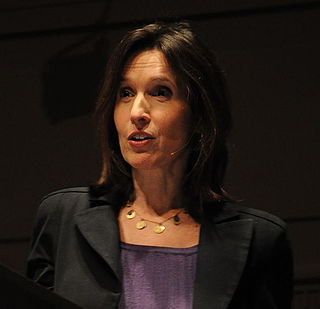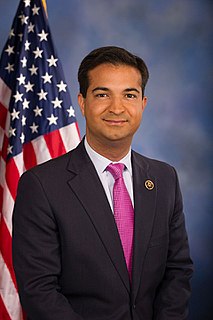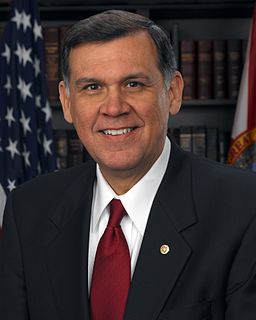A Quote by Katrina vanden Heuvel
In the United States national security interests to have a working relationship with Russia.
Related Quotes
We have to have a president who is clear that you don't deal with Russia based on staring into his eyes and seeing his soul. You deal with Russia based on, what are your - what are the national security interests of the United States of America? And we have to recognize that the way they've been behaving lately demands a sharp response from the international community and our allies.
We know that Russia has done things that are very much against our interests. They've done things that require us to take punitive action against Russia. That does not mean we can't work with Russia where we have a common agenda. Russia is a permanent member of the United Nations Security Council; we need their help in isolating North Korea and their nuclear weapons violations. So, we still need to work with Russia. But Russia's done things that are contrary to our national security interest, and the US must respond to those types of activities.
National security is a really big problem for journalists, because no journalist worth his salt wants to endanger the national security, but the law talks about anyone who endangers the security of the United States is going to go to jail. So, here you are, especially in the Pentagon. Some guy tells you something. He says that's a national security matter. Well, you're supposed to tremble and get scared and it never, almost never means the security of the national government. More likely to mean the security or the personal happiness of the guy who is telling you something.
Actually, the phrase "national security" is barely used until the 1930s. And there's a reason. By then, the United States was beginning to become global. Before that the United States had been mostly a regional power - Britain was the biggest global power. After the Second World War, national security is everywhere, because we basically owned the world, so our security is threatened everywhere. Not just on our borders, but everywhere - so you have to have a thousand military bases around the world for "defense."
For the United States to recommit itself to the obligation that we undertook in the Nuclear Non-Proliferation Treaty that many other states undertook, which was to work towards disarmament and the eventual elimination of nuclear weapons, is something that manifestly serves our national security interests.
That Alaska has a very narrow maritime border between a foreign country, Russia, and on our other side, the land boundary that we have with - Canada. We have trade missions back and forth. We - we do - it's very important when you consider even national security issues with Russia as Putin rears his head and comes into the airspace of the United States of America where - where do they go? It's Alaska.
Britain is leaving and has de facto left the European Union; however, it has not withdrawn from its special relationship with the United States and I believe that the UK's relations with Russia depend on Britain's special relationship with the United States rather than on its presence in or absence from the European Union.
I'm not interested in embarrassing the United States. We as a nation need to foster a broader understanding of national security, and when in the name of national security the US government both overtly and covertly aligns itself with the apartheid state and against heroic freedom fighters for racial justice ... Not only in 1962 but also keeping in mind that Mandela was on the US terror watch list until 2008, that kind of myopic understanding of national security has devastating consequences.
If you want to see where Trump is moving, look at what the United States neoliberals advised Russia to do after 1991, when they promised to create an ideal economy. Russia was under the impression that the neoliberal advisors were going to make Russia as rich as the United States. What they really did was create a kleptocracy that was virtually tax-free.




































